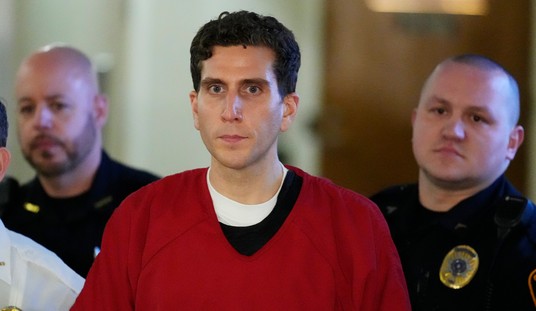While this new report from Time starts off highlighting the next royal wedding across the pond, it circles back to a sad, but not terribly surprising trend in America. Marriage, along with support for and belief in the institution, is on the decline.
When an institution so central to human experience suddenly changes shape in the space of a generation or two, it’s worth trying to figure out why. This fall the Pew Research Center, in association with TIME, conducted a nationwide poll exploring the contours of modern marriage and the new American family, posing questions about what people want and expect out of marriage and family life, why they enter into committed relationships and what they gain from them. What we found is that marriage, whatever its social, spiritual or symbolic appeal, is in purely practical terms just not as necessary as it used to be. Neither men nor women need to be married to have sex or companionship or professional success or respect or even children — yet marriage remains revered and desired.
Some of the highlights of their findings:
– In 1960 roughly 70% of adults were married. Today it is barely half.
– The number of children born out of wedlock has increased eight-fold in that period.
– In 1960 roughly 2/3 of twenty-somethings were married. Today? One quarter.
– Household income for married couples is 41% higher than that of those living together.
– The percentage of people who believe marriage is “obsolete” has risen from 28 in 1978 to 39 today.
Assuming you think this is a problem, what is to be done about it and, more to the point, whose responsibility should it be to provide a solution? Chuck Donovan has some interesting thoughts on the subject at The Foundry. He points out some of the absolutely valid statistics which demonstrate the positive effects of marriage, particularly on children, but then goes on to propose some possible remedies.
Rather than indulging “Brave New World” euphoria about evolving family styles, culture shapers and policymakers should be doing more to reverse the incremental declines of the past three decades and restore a culture of married families. For example, no action government could take would be more crucial to successfully addressing child poverty than promoting marriage among poor (and, increasingly, underemployed) middle-income Americans…
Among the immediate steps that need attention are welfare reforms that address not just one but all 70 of the federal government’s anti-poverty programs, restoration of the Healthy Marriage funding (which was submerged into another stale job-training initiative by the Obama Administration), and the extension of the marriage penalty tax relief that, like half of the child tax credit, is set to expire this coming December 31.
Never let it be said that I’m not a big fan of marriage, (having made more than one trip down the aisle myself) but I’m always leery of people who immediately seek a government remedy in this area. Is this truly part of the business of the federal government? What happened to principles of limited government and keeping Washington to its constitutionally mandated place?
There is clearly a case to be made for having the government support and subsidize the raising of children, as they are the next generation of citizens. But as desirable and beneficial as marriage may be in so many ways, on what basis should we allow the government to give, for example, a tax break to a married couple over the benefits extended to a pair of siblings sharing a house to save money?
The best way that elected officials can “lead” in this area is by leading exemplary lives and providing a role model for others to follow. But even more importantly, the subjects of family and marriage are best handled at home by parents, mentors and faith leaders. This is one of those intractable situations where the real solutions are to be found in the family and the church, not in Washington. (And let’s face it… we wind up electing more than a few folks who you wouldn’t want setting an example for anyone.)
Plus, marriage is far from dead. While the negative numbers may be rising, the same poll shows that more than 60% of Americans do not feel marriage is obsolete. And the best hope for the future lies with couples raising children who see the benefits of a solid family life first hand, rather than being lectured about it by some bureaucrat who is later found to be diddling the pizza delivery girl or lining up as Client Number 9 at a brothel.
Not every situation is ripe for a government solution, and marriage is one area where the government is absolutely unsuited to provide one. Focus on a safe, productive national environment for children and let families and faith based communities tend to their own marital concerns.








Join the conversation as a VIP Member